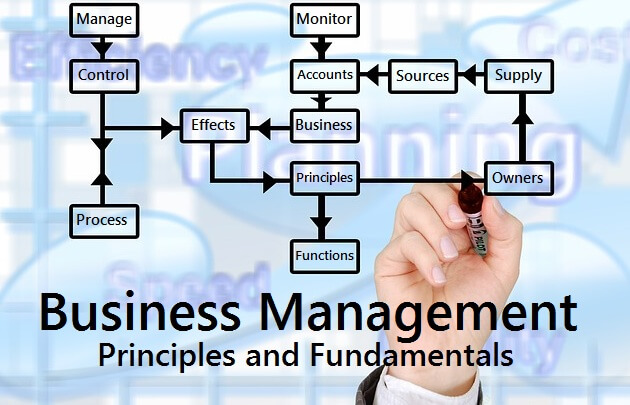ENTREPRENEUR
Entrepreneurs are no dummies, but that doesn’t mean that they always do what’s best for their company. Certain actions, habits, and behaviors can not only harm a business but also lead to its eventual downfall. Failure can be a useful tool for entrepreneurs but some mistakes are avoidable, unnecessary, and easily prevented with a little foresight and self-awareness.
Excessive Ego
As an entrepreneur and business owner, having a healthy ego can be a good thing. It can grant you self-respect and confidence in your leadership and decision-making. Excessive ego, however, can be your biggest enemy. It can lead to over-confidence that causes you to miss opportunities, micromanage, and think there’s nothing new to learn. Even worse, it can make you think that every decision revolves around you — a dangerous mistake. At the end of the day, everything should revolve around your business — your employees, your customers, and how to best bring value to everyone.
Hiring Friends Over More Qualified Candidates
Part of the great thing about being a business owner is that you get to call the shots — and what would be better than being able to work with your friends or loved ones all day? Hmm, maybe working with professionals who are actually qualified for the position? Nepotism certainly exists in business and while it may seem like a great idea to work with friends or family, it can often be a hindrance. Not only can the emotional ties to these people affect decision-making, but there could also be far more qualified people out there who could provide more value to your business. Besides, nepotism generally creates resentment among other staff members. It’s best to avoid anything that could cause a conflict of interest or hint at favoritism.
Giving Up When Things Get Tough
When things get tough, it can be difficult not to wonder if it’s time to just quit. There may certainly be times when a business is faltering to the point of no return, and it’s just time to cut your losses. However, it’s also important to avoid discouragement over issues that can potentially be overcome.
Ultimately, it’s important to determine whether or not your venture is worth it; does it add value to your life or seem to be an endless drain? Like most things in life, achieving goals doesn’t often happen linearly — or exactly to plan.
Assuming
What’s the old saying about assuming? Assuming rarely works out well, particularly in regards to business matters. You can have a stellar six months of revenue and growth, only to be hit by a dry spell where you’re scrambling for clients or sales. If you assume that there will be no lean times, that growth will automatically come organically, that your business is 100 percent rock-solid, you’re ignoring numerous factors that could potentially ruin a business.
A safer route would be to plan; plan for growth and how to achieve it. Plan for ways to garner more business in periods where things slow down. Plan for contingencies. Be forward-thinking and solutions-driven. Intel tech legend and businessman Andy Grove said, “Success breeds complacency. Complacency breeds failure. Only the paranoid survive.”




